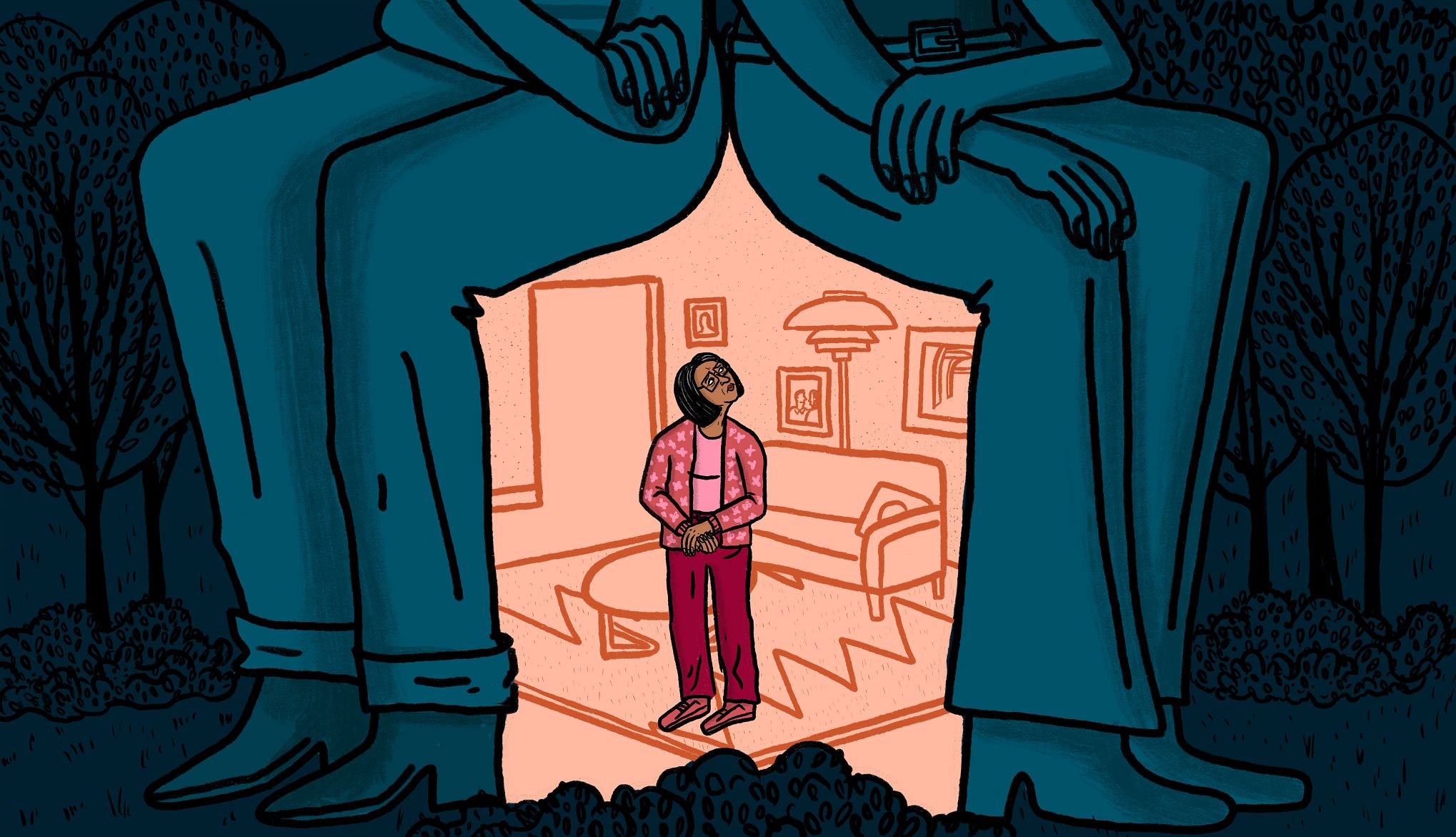AARP Hearing Center


We asked AARP Family Caregivers Discussion Group members and other caregivers to submit pressing questions they’d like family therapist and clinical psychologist Barry Jacobs to tackle in his caregiving column. Jacobs took on this hot-button topic:
My 90-year-old father has lived with his girlfriend, Irene, for 15 years. He told me that he was leaving Irene money, but the house – our childhood home – would go to my sister and me. He said he has not talked to Irene about this and won’t talk further with me. I know he may change his mind, but right now, I dread handling this difficult situation. What is the best way to handle my concerns about this plan?
(Letter edited for length and clarity.)
Barry Jacobs: Your dread is understandable. If your father dies before Irene, then it will be terribly awkward for you in that moment when she learns she may have to leave her home of the past 15 years. That loss of her home is like an insult upon the injury of losing your father, even if she will receive money as consolation. Will she angrily blame him for dislodging her, greatly complicating her mourning process? Or will she blame you and your sister as a couple of conniving schemers for swaying him to your advantage? As much as you might hate to be painted as a malevolent bad guy in this scenario, you may be unable to avoid it.
Join Our Fight for Caregivers
Sign up to become part of AARP's online advocacy network and help family caregivers get the support they need.
To shed light on how to handle this difficult situation, it would be helpful to consider three aspects of inheritance: the legal, ethical and relational.
Dad has the legal right to determine his inheritance
The most straightforward aspect of inheritance is the legal one. Unless found by a court of law to be so mentally impaired that he can’t make decisions for himself, your father has the same legal right as any other adult to determine who will receive his assets and possessions after his death. He is exercising that right by codifying his determinations in his last will and testament, presumably. (According to a 2024 caring.com survey, only about a third of Americans have written a will, leaving decisions about the distribution of their assets up to a probate court judge.) You, Irene, and others may not like what is in your father’s will but, unless you are prepared to hire an attorney to contest it, you will need to abide by it regardless of its consequences.





































































More From AARP
8 Tech Tools for Financial Caregiving
From payment reminders to fraud detection, try these apps and services to help safeguard a loved one with dementia
10 Common Mistakes That Family Caregivers Make
Experts share what they believe are the most common miscues that adult caregivers make — and how to prevent them. Learn more.
Why All Adults Should Have a Living Will
A living will serves as a person's voice when unable to make wishes known. Find out why having clear, written health care directions is a gift for those who love you.